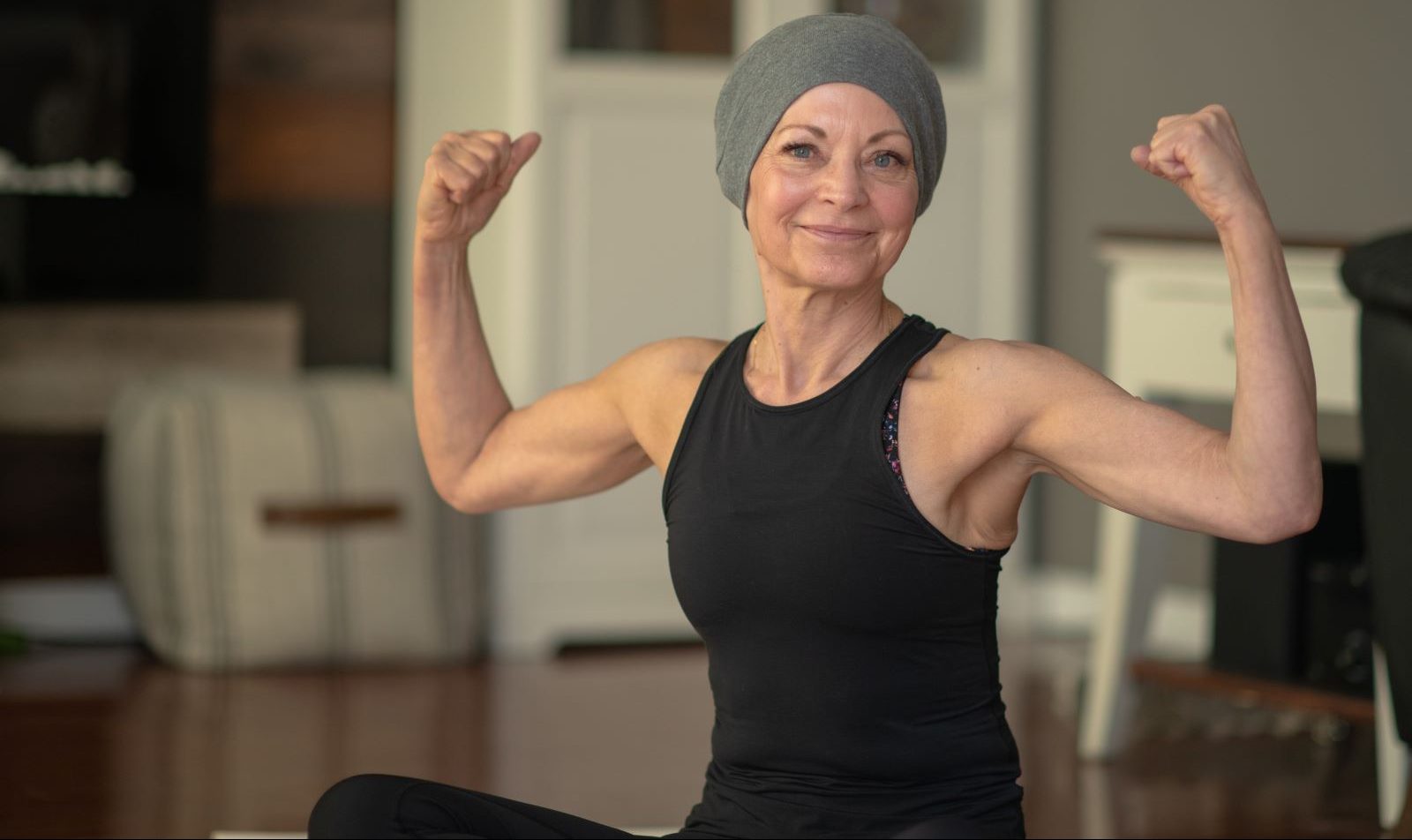<< Back
Early Detection and Treatment Help More People Than Ever Before Survive Cancer

January 13, 2023
A cancer diagnosis can turn anyone’s world upside down, but now more than ever, a diagnosis is no longer a death sentence. In fact, the American Cancer Society reports that deaths from cancer have dropped 33% since 1991.
“People are living longer in general and that includes cancer survivors,” said Vipra Sharma, MD, MPH, an oncologist with the Hartford HealthCare Cancer Institute at St. Vincent’s Medical Center in Bridgeport. “We have 17 million cancer survivors in the United States and that is expected to increase to 22 million by 2030.”
The overall five-year cancer survival rate in 1979 was 49 percent and has since increased to 70 percent. The reason? Early detection and treatment.
“We have better screenings including mammograms, colonoscopies and pap smears,” Dr. Sharma said. “We have started using surgery, radiation therapy and chemotherapy in different ways. We have newer drugs, such as targeted therapy and immunotherapy which are extending and saving lives.”
The Cancer Society report, Cancer Statistics 2023, also points to a major reduction in cervical cancer connected with widespread use of the vaccine for the human papillomavirus (HPV). Overall, the drop across cancer types has averted about 3.8 million deaths.
Keep screening appointments
Dr. Sharma said it is important to see your primary care provider annually to make sure you are up-to-date on screenings.
“It is now recommended to receive a colonoscopy earlier, at age 45,” said Dr. Sharma. “Many patients do not understand why a colonoscopy is important. I try to explain that it is one of the few tests where we can prevent cancer from happening. It is unfortunate when you meet patients who have never had a colonoscopy because they never knew it needed to be done.”
While we have come a long way with early detection and treatments, there is still work to be done, especially for patients who have survived cancer.
“Chemotherapy treatments do impact quality of life,” Dr. Sharma said. “Some patients have long-term fatigue or pain. It can affect their work-life, and their emotional and psychological well-being.”
Cancer survivors face the risk of recurrence or developing other cancers. Continued surveillance by an oncologist and lifestyle changes such as a healthy diet, exercise and regular cancer screenings is recommended.
Local resources
The Hartford HealthCare Cancer Institute Survivorship program offers a wide array of resources, including:
- A specially trained APRN helps patients with care plans that include a personalized list of potential issues.
- Psychologists and social workers provide counseling to help patients deal with the emotional impact of the experience.
- Dietary counseling.
- Smoking cessation.
- Integrative medicine such as massage therapy, yoga, acupuncture and Reiki to help deal with the physical and emotional effects of treatment.